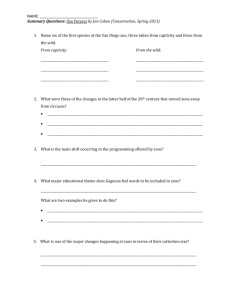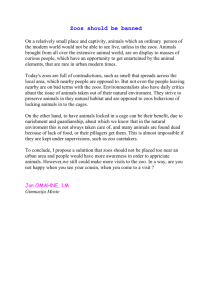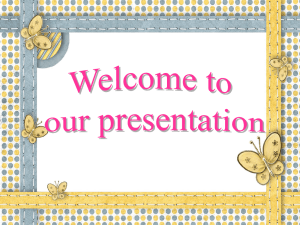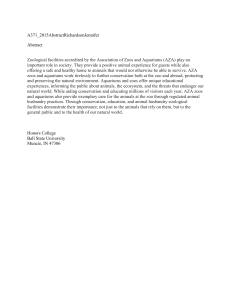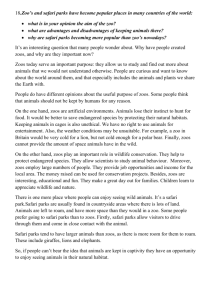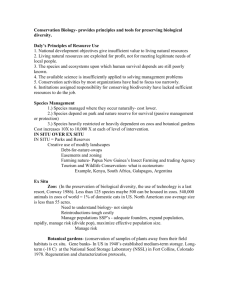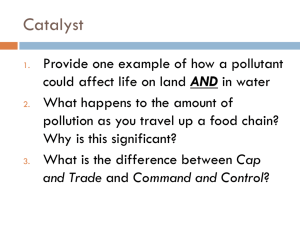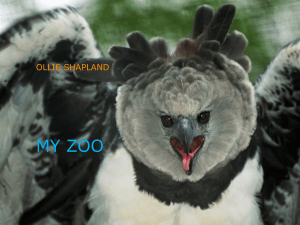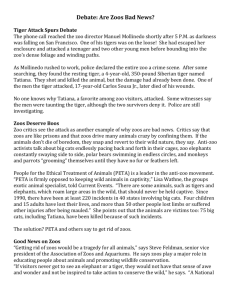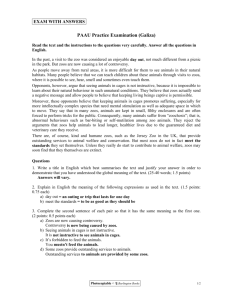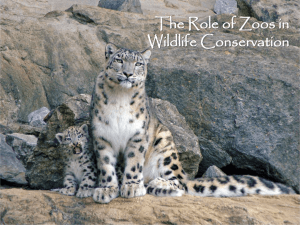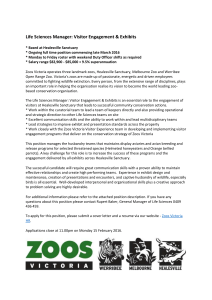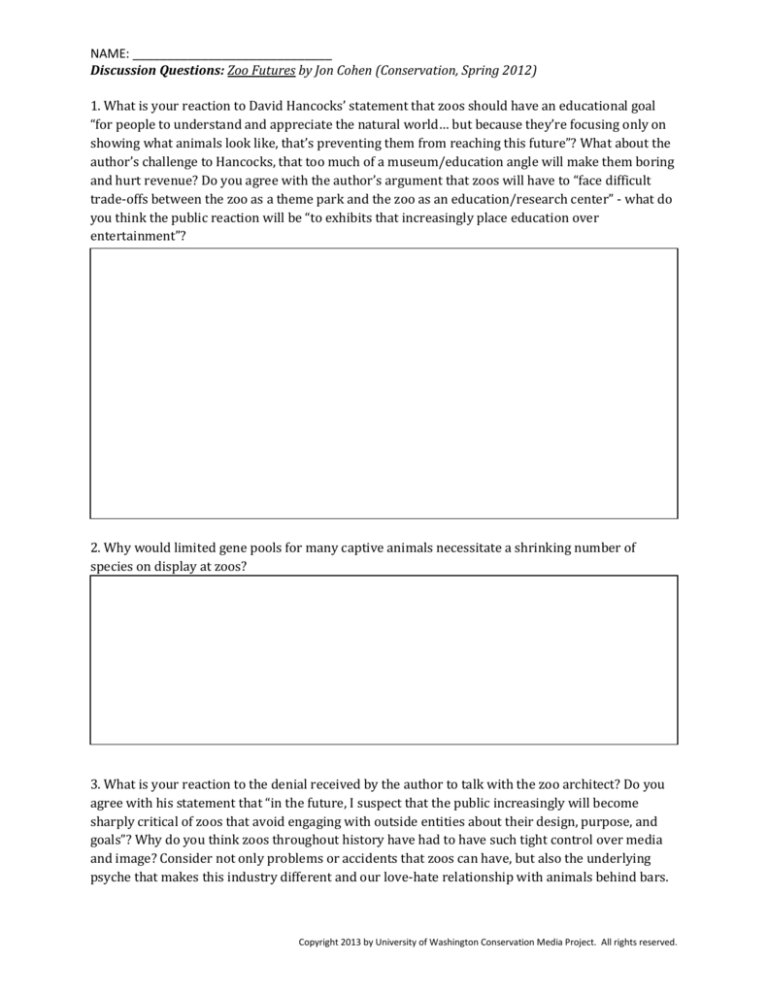
NAME: _____________________________
Discussion Questions: Zoo Futures by Jon Cohen (Conservation, Spring 2012)
1. What is your reaction to David Hancocks’ statement that zoos should have an educational goal
“for people to understand and appreciate the natural world… but because they’re focusing only on
showing what animals look like, that’s preventing them from reaching this future”? What about the
author’s challenge to Hancocks, that too much of a museum/education angle will make them boring
and hurt revenue? Do you agree with the author’s argument that zoos will have to “face difficult
trade-offs between the zoo as a theme park and the zoo as an education/research center” - what do
you think the public reaction will be “to exhibits that increasingly place education over
entertainment”?
2. Why would limited gene pools for many captive animals necessitate a shrinking number of
species on display at zoos?
3. What is your reaction to the denial received by the author to talk with the zoo architect? Do you
agree with his statement that “in the future, I suspect that the public increasingly will become
sharply critical of zoos that avoid engaging with outside entities about their design, purpose, and
goals”? Why do you think zoos throughout history have had to have such tight control over media
and image? Consider not only problems or accidents that zoos can have, but also the underlying
psyche that makes this industry different and our love-hate relationship with animals behind bars.
Copyright 2013 by University of Washington Conservation Media Project. All rights reserved.
NAME: _____________________________
Discussion Questions: Zoo Futures by Jon Cohen (Conservation, Spring 2012)
4. What is your opinion on the evolution “debate” in zoo educational features? Is it understandable
from a business point of view? Do you believe there is a “rampant anti-intellectual attitude” in zoos?
Go to a zoo – ask questions of guides and keepers to inform your opinion.
5. What is your reaction to the opinions of zoogoer Bill Disher, that the increasing role of
entertainment (movie attractions) and fewer animals takes away from the zoo experience? Have we
found a way to make education more entertaining? Or is multi-media entertainment not truly
educational?
Copyright 2013 by University of Washington Conservation Media Project. All rights reserved.
NAME: _____________________________
Discussion Questions: Zoo Futures by Jon Cohen (Conservation, Spring 2012)
6. Would you personally like to see pink flamingos at the entrance to a zoo or an exhibit about the
beginning of life on Earth, complete with algae fossils? Does your reaction clash or agree with your
feelings about the purpose/mission of zoos?
7. Do you agree with William Conway’s assertion that zoos must work more assiduously for the
preservation of animals in the wild? If they aren’t breeding species to replacement, where are they
getting them? Is it the job of zoos to protect wildlife? Or is it more about sticking entertainment and
bringing nature to urban people?
8. What do you think about the scientific-theory cut-outs described toward the end of the article?
Are they an effective way to engage zoogoers in “trying out” or thinking about different theories on
extinction? How would you improve upon it?
Copyright 2013 by University of Washington Conservation Media Project. All rights reserved.

